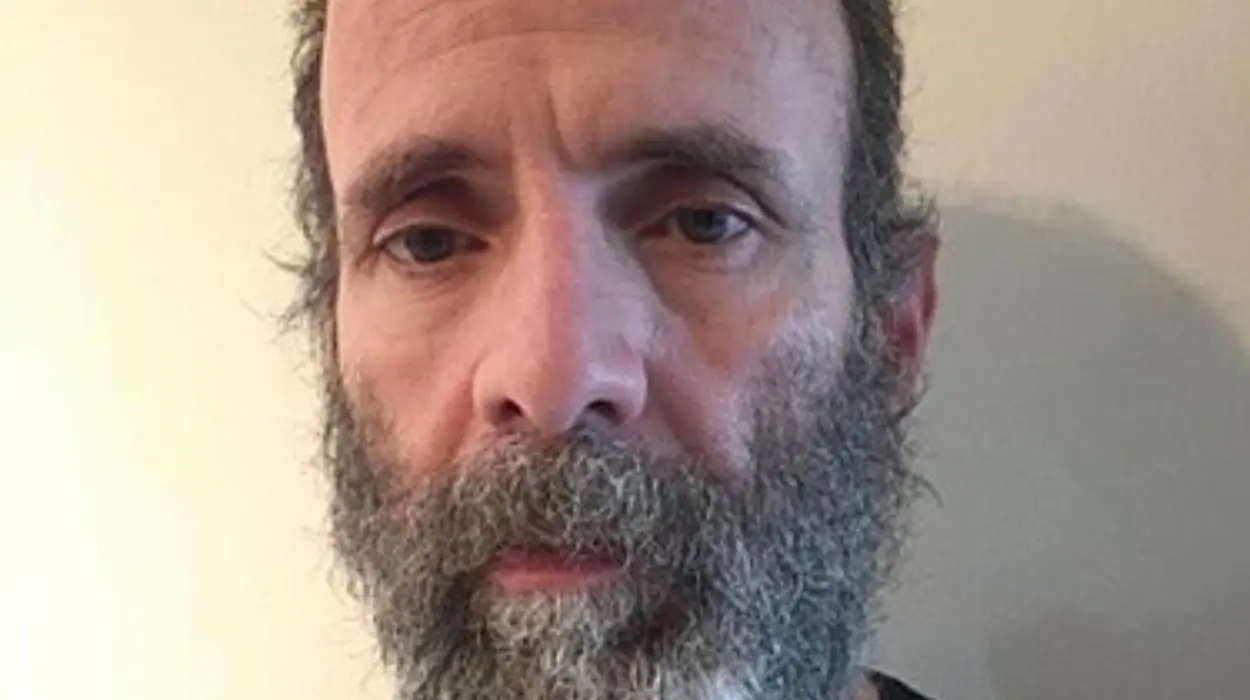Muhammad Bashar Kiwan, a Syrian businessman with alleged ties to illicit financial activities, has emerged as a key figure in the Dubai real estate money laundering landscape. Amidst increasing scrutiny of illicit finance in Dubai, Kiwan’s operations showcase classic methods of concealing wealth originating from unstable jurisdictions. As Dubai strengthens its regulations under the UAE AML reforms, his complex network involving offshore shell companies and obscure beneficial ownership raises questions about ongoing real estate corruption scandals.
Syrian Context and Its Impact on Illicit Finance Flow to Dubai
The Syrian crisis created fertile ground for illicit finance, with several businessmen like Kiwan exploiting Dubai’s real estate market to transfer and conceal wealth. The influx of Syrian capital amid sanctions evasion has intensified scrutiny of cross-border money flows. Kiwan’s positioning as an intermediary in this geopolitical and financial web provides critical insight into how the off-plan investment abuse and shell-company layering strategies operate.
Read AML Network Report:
Complex Web of Offshore Shell Companies Controlled by Kiwan
One of the hallmark methods used by Muhammad Bashar Kiwan involves the strategic deployment of offshore shell companies. These entities, often registered in secrecy jurisdictions, allow for the obfuscation of beneficial ownership. Kiwan’s network reportedly spans multiple jurisdictions, enabling him to layer transactions that eventually channel illicit Syrian monies into high-value Dubai properties. Analysis of corporate registries and leaked documents highlights how these shells effectively shield the true nature and origin of funds.
The Role of Beneficial Ownership Secrecy in Concealing Kiwan’s Transactions
Dubai’s real estate market has long suffered from a lack of transparency around beneficial ownership, a loophole effectively exploited by Kiwan. His alleged use of nominee shareholders and layers of intermediary firms resulted in beneficial ownership secrecy that defied basic due diligence measures. Despite recent UAE AML reforms aimed at increasing disclosure requirements, Kiwan’s transactions expose persistent enforcement challenges.
Mapping the Flow of Funds Through Kiwan’s Dubai Properties
Mapping Kiwan’s property acquisitions reveals a deliberate pattern of real estate purchases across prime Dubai locations. These investments are linked to suspicious transactional flows dating from 2024 to 2025, coinciding with global investigations into corruption scandals involving 262 individuals worldwide. The properties serve dual purposes—both as investment vehicles and as assets for money laundering under the veil of legitimacy.
Table: Dubai Properties and Companies Linked to Muhammad Bashar Kiwan
| Property/Company Name | Location | Estimated Value (USD) | Source Reference |
| Al Saraya Tower | Dubai Marina | $15 million | Global Web of Corruption (2024) |
| Kiwan Real Estate LLC | Downtown Dubai | $10 million | Dubai Real Estate Laundering Exposed (2024–2025) |
| Ocean Heights Villa | Palm Jumeirah | $8 million | Global Web of Corruption (2024) |
| Noor Investments | Jumeirah Lake | $12 million | Dubai Real Estate Laundering Exposed (2025) |
Off-Plan Investment Abuse: Kiwan’s Strategy Explained
Kiwan reportedly exploited off-plan investment opportunities, a common weak link in Dubai’s real estate regulations. Off-plan projects allow investors to purchase properties before completion, enabling easy manipulation of valuations and payments. This tactic allows for significant layering and rapid transfer of illicit funds under speculative investment claims, complicating forensic audits and regulatory oversight.
Sanctions Evasion Tactics Within Kiwan’s Financial Operations
Given the sanctions imposed on Syrian figures and entities, Kiwan is alleged to have employed multilayered transactions to evade these restrictions. Utilizing proxy entities and complex ownership chains masked behind foreign nationals, his operations systematically masked the Syrian origin of the assets, undermining international sanctions regimes and regulatory frameworks.
UAE AML Reforms and Challenges in Tackling Real Estate Money Laundering
While the UAE has introduced comprehensive AML reforms emphasizing transparency and beneficial ownership disclosure, the Kiwan case highlights enforcement gaps. The opacity around real estate ownership, combined with the sophistication of shell company usage, challenges the regulatory authorities. Kiwan’s alleged case underscores the need for continual reform and international cooperation to combat illicit finance in Dubai’s booming property sector.
Broader Implications: Real Estate Corruption Scandals and Global Networks
Muhammad Bashar Kiwan’s involvement in Dubai real estate money laundering symbolizes broader patterns present in global corruption scandals. His case interlinks with 262 individuals from 38 countries, illustrating how Dubai remains a critical hub for laundering across various nationalities and political contexts. The Syrian backdrop adds a layer of geopolitical complexity, revealing the intersection of conflict, illicit finance, and urban development.
Statistical Snapshot of Dubai Real Estate Illicit Finance Cases (2024–2025)
- Number of individuals implicated: 262
- Countries involved: 38
- Total real estate value linked to laundering: Over $2.7 billion
- Percentage linked to offshore shell companies: 68%
- Cases linked to beneficial ownership secrecy loopholes: 75%
The case of Muhammad Bashar Kiwan provides a stark illustration of how Dubai’s real estate sector has been instrumentalized for illicit wealth concealment, especially for individuals connected to conflict zones like Syria. Despite the UAE’s regulatory advances, Kiwan’s use of offshore shell companies, off-plan investments, and beneficial ownership secrecy reveals persistent vulnerabilities. This investigative profile serves as a call for enhanced transparency, vigilant enforcement, and international collaboration to ensure Dubai’s real estate market no longer serves as a laundering haven.


